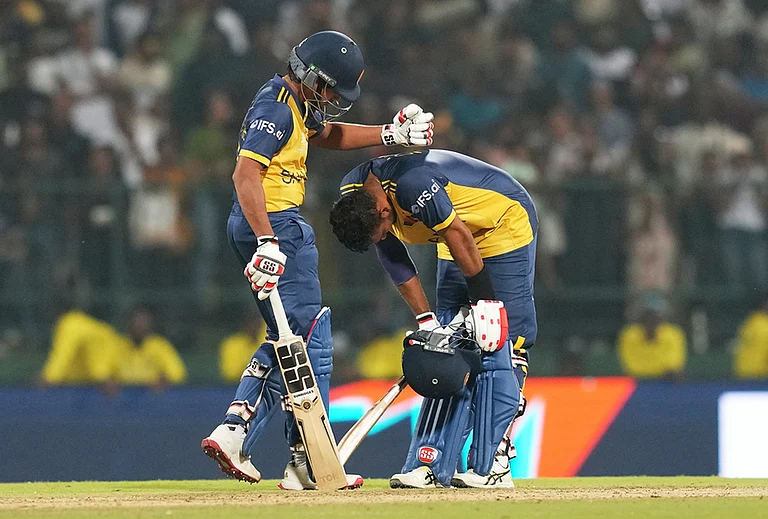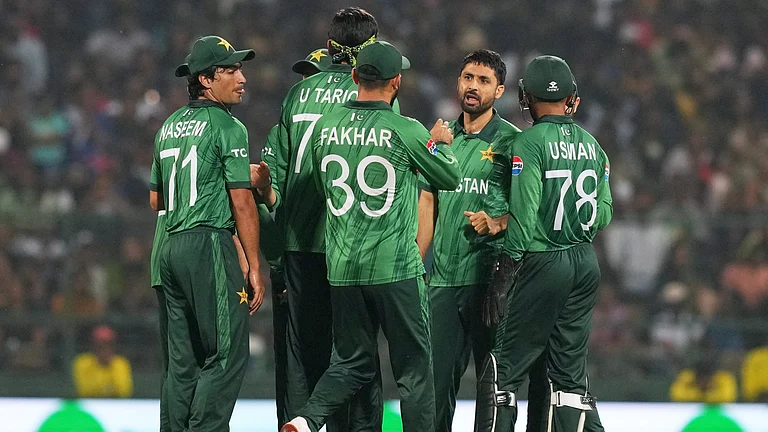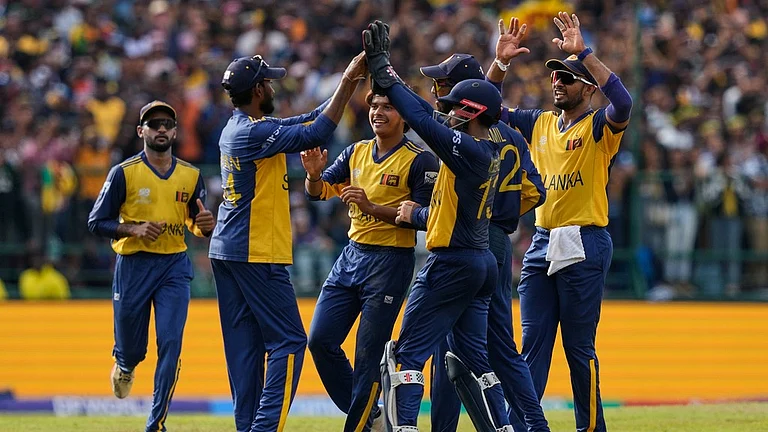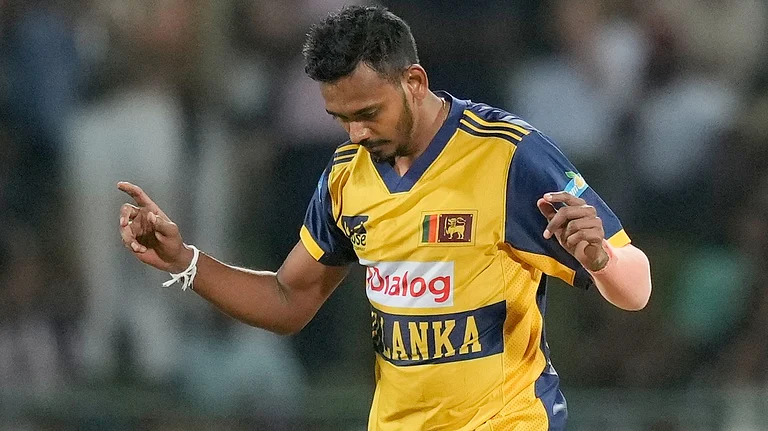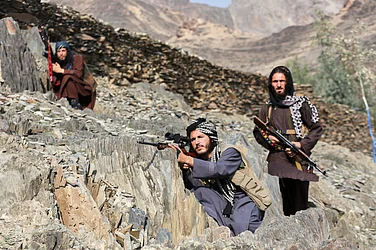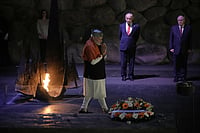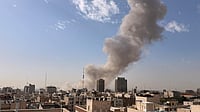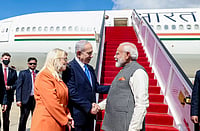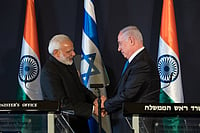Sri Lankan Tamils are in a bind over which presidential candidate should get their vote this weekend. The ethnic issue hardly figures in the campaign of the three front runners, with the economy dominating the conversation everywhere.
After more than a decade of peace, the problems of the Tamil minority are no longer a talking point. The concern of the majority Sinhala-Buddhist voter is who can get the economy to rebound and rebuild the shattered political and administrative system of the country.
With military victory and the rout of the Liberation Tigers of Tamil Eelam (LTTE) in 2009, the promised 13the Amendment, which gave Tamils a degree of self-rule through the devolution of power to the provinces, has been kept on the back burner ever since. From time to time different Sinhala governments in Colombo have promised to bring in the amendments, but failed to do so. This time around except for Sajith Premadasa who had promised to implement the 13th amendment, neither President Ranil Wickremesinghe nor Anura Dissanayake have been vocal about devolution.
"The most important thing is to continue with the economic reforms program which the country has undertaken. Is there an alternative to our program? There is no other way. The ethnic issue or the abolishing of Executive Presidency are not important now. The only issue in this election is the economy. We have managed to maintain some kind of stability. Sustaining it is the only important factor,” President Wickremesinghe told a group of senior editors in a recent interview.
The Tamils know this is the general consensus at the moment. Few among the majority community are bothered about the ethnic issue or the problems faced by people living in the Northern and Eastern provinces. The aftermath of the military campaign against the LTTE have devastated both the land and its people.
As a symbolic gesture, some of the Tamil parties including the Tamil Eelam Liberation Organisation (TELO), People’s Liberation Organisation of Tamil Eelam (PLOTE), Tamil Progressive Alliance (TPA), Tamil National People’s Front (TNPF), and Eelam People’s Revolutionary Liberation Front (EPRLF) along with leaders of a civil group, Tamil People’s Congress Association (TPCA) have fielded Packiyaselvam Ariyanethiran as a presidential candidate. The former two term member of Parliament is from Batticaloa in the eastern province and has not chance of winning. Tamils constitute just over 11 per cent of the island’s population and the majority Sinhalese are nearly 75 percent. However the main Tamil party the Ilankai Tamil Arasu Kachchi (ITAK) has distanced itself from this move underlying the fact that Tamil polity is fractured at the moment.
In the recent past Tamils have voted together as a community supporting one or the other of the Sinhala parties that promised to deliver minority rights. Except in 2005, when the LTTE ordered a boycott. Tamils of the north and east have always opposed the Rajapakse’s, Mahinda in 2010 and 2015 and his brother Gotabaya in 2019. Since the military campaign eliminated the LTTE, Tamils have backed parties opposed to the Rajapaksa’s who they hold responsible for large scale human rights abuse. The Sri Lanka Freedom Party’s former president Chandrika Kumaratunga, was one of the few Sinhala politicians willing to give the Tamil’s some degree of self-rule. But the LTTE leader Prabhakaran refused to honour his commitment and decided against peace talks. Later she was attacked at one of her political rallies by alleged the LTTE. The President luckily escaped but one of her eyes was severely damaged. Since then Chandrika Kumaratunga gave up on peace initiatives. Ranil Wickremesinghe too wooed the Tamils and promised to implement the 13th amendment when he was prime minister. Yet he too did not push for it once the elections were over.
For the first time in decades the Tamil votes will be divided. Some will waste their votes by supporting the Tamil candidate, simply because they see him as personifying their grievances and aspirations. The others will back Sajith Premadasa, who has promised to revive the provincial councils and give a modicum of self-governance to the Tamils. ITAK, the main Tamil political party’s Jaffna leader M.A.Sumanthiran has announced that his support for Premadasa. But the ITAK is a divided house and another of its prominent members Sivagnanam Shritharan is campaigning for the Tamil candidate.
The Tamils of Sri Lanka have not yet got what was promised in the India-Sri Lanka accord of 1987. Unless the Sinhala political leadership honour the commitment of granting a degree of autonomy to the Tamil minorities of the country and give them an equal share of development funds the division between the Sinhala and Tamil minorities cannot heal. Sooner or later the resentment will come to the surface.







.jpg?w=801&auto=format%2Ccompress&fit=max&format=webp&dpr=1.0)
